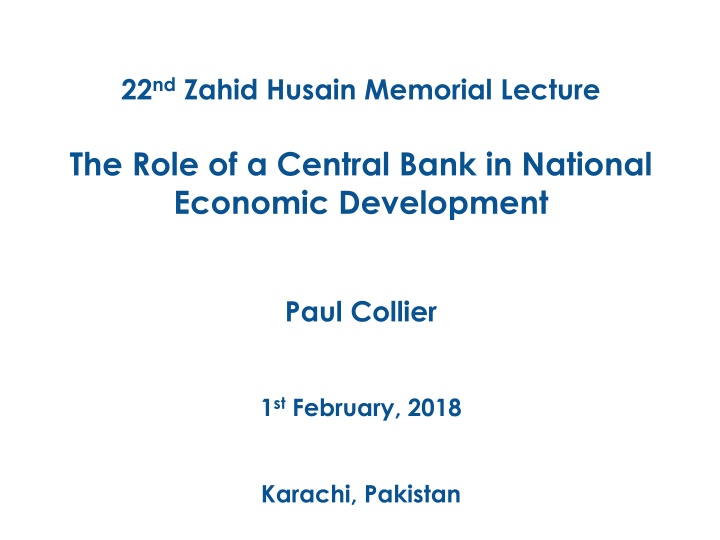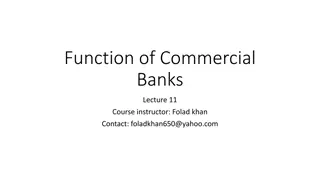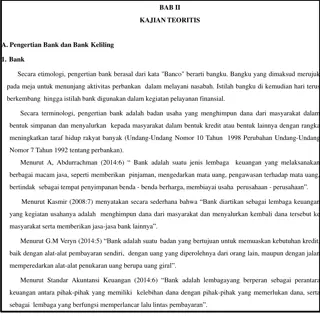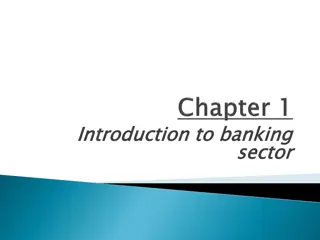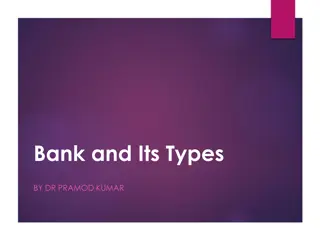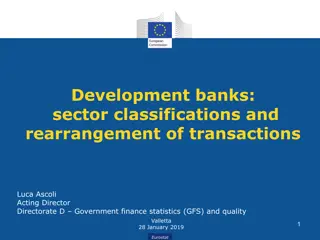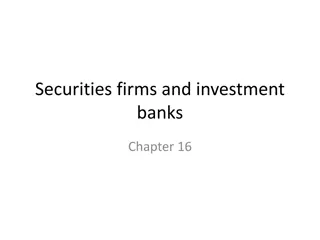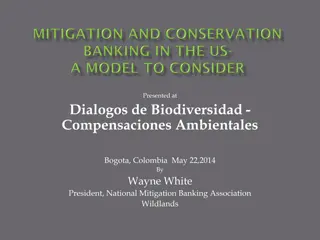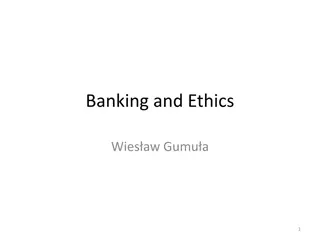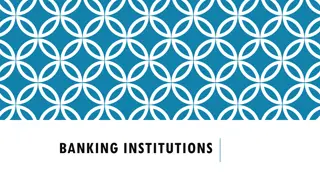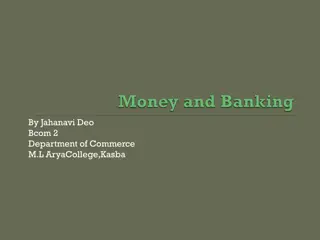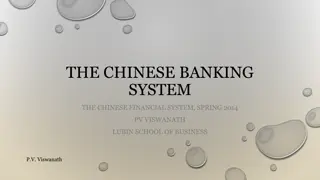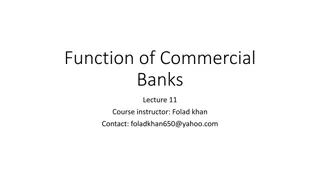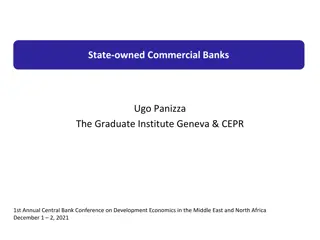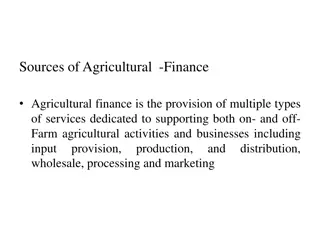Role of Central Banks in Economic Development: Insights from Zahid Husain Memorial Lecture
The Zahid Husain Memorial Lecture in Karachi, Pakistan, explored the pivotal role of central banks in national economic development. Topics such as the effective state model, capacity to tax, checks and balances on power abuse, and challenges in economic behavior theory were discussed. Understanding rational economic and social behavior, the real economics of Adam Smith, and the importance of trust for collective prosperity were highlighted.
Download Presentation

Please find below an Image/Link to download the presentation.
The content on the website is provided AS IS for your information and personal use only. It may not be sold, licensed, or shared on other websites without obtaining consent from the author.If you encounter any issues during the download, it is possible that the publisher has removed the file from their server.
You are allowed to download the files provided on this website for personal or commercial use, subject to the condition that they are used lawfully. All files are the property of their respective owners.
The content on the website is provided AS IS for your information and personal use only. It may not be sold, licensed, or shared on other websites without obtaining consent from the author.
E N D
Presentation Transcript
22nd Zahid Husain Memorial Lecture The Role of a Central Bank in National Economic Development Paul Collier 1st February, 2018 Karachi, Pakistan
The Standard Model of the Effective State The capacity to tax Checks and balances on the abuse of power
The capacity to tax. Without such a capacity, the state cannot be effective since it cannot finance its activities. Historically, this capacity evolved through a winnowing process of military rivalry: only those states able to finance military spending survived. Once the state was capturing a substantial share of economic activity, it found it had an incentive to grow the national economy.
Checks and balances on the abuse of power. In the absence of checks and balances, those in control of the state face a time-consistency problem: people do not trust the state, and so are unwilling either to lend to it, or to invest.
Whats gone wrong? The fundamental difficulty of microfoundations is that we simply do not have a comprehensive and convincing theory of economic behaviour at the micro level. (Martin Sandbu, Financial Times, Jan 21st, 2018
Rational Economic Man: People make choices based on their desire to maximize their material consumption Subject to objectively given constraints Which they learn by direct observation of the world Rational Social Man: People make choices on their desire to maximize esteem Subject to subjectively perceived constraints Which they learn from narratives circulating in their social network
The Real Economics of Adam Smith Source of mutual gains: exchange of commodities exchange of obligations Psychology: greed REM esteem RSM Public policy: create markets create reciprocal obligations: How ??
The trust needed for collective sacrifice to achieve future prosperity: People need to trust each other that they should contribute because others will contribute. People need to trust their rulers, that if they give the government their money, the rulers will use it wisely for these investments, rather than to enrich themselves.
The beliefs needed for trust: That we have a shared identity. That contributing to public saving is a purposive action leading to our future prosperity, because we can trust our rulers to use it for that purpose. That we ought to contribute because the others with whom we share identity will also be doing so.
What narratives and actions are needed? Narratives: Building shared identity: We are all one. Explaining purposive action: Economic: Public savings will pay off Political: Rulers are effectively constrained Mutual obligations: Since the people like us will be contributing, it is only fair that we do too.
What narratives and actions are needed? Reinforcing Actions as signals: A signal (Spence) establishes credibility because a charlatan would find it prohibitively costly. Shared belonging: Share power with people who have diverse sub-national identities. Purposive action: Economic: Build practical economic infrastructure Cancel prestige projects Political: Rulers live simply; (Nyerere; Meles) Rulers dismiss corrupt supporters; (Lee Kwan Yew) Mutual obligations: Transparency in tax payments, (e.g. Norway)
22nd Zahid Husain Memorial Lecture The Role of a Central Bank in National Economic Development Paul Collier 1st February, 2018 Karachi, Pakistan
